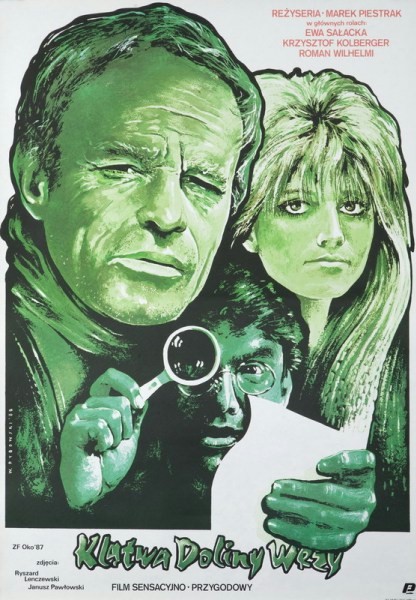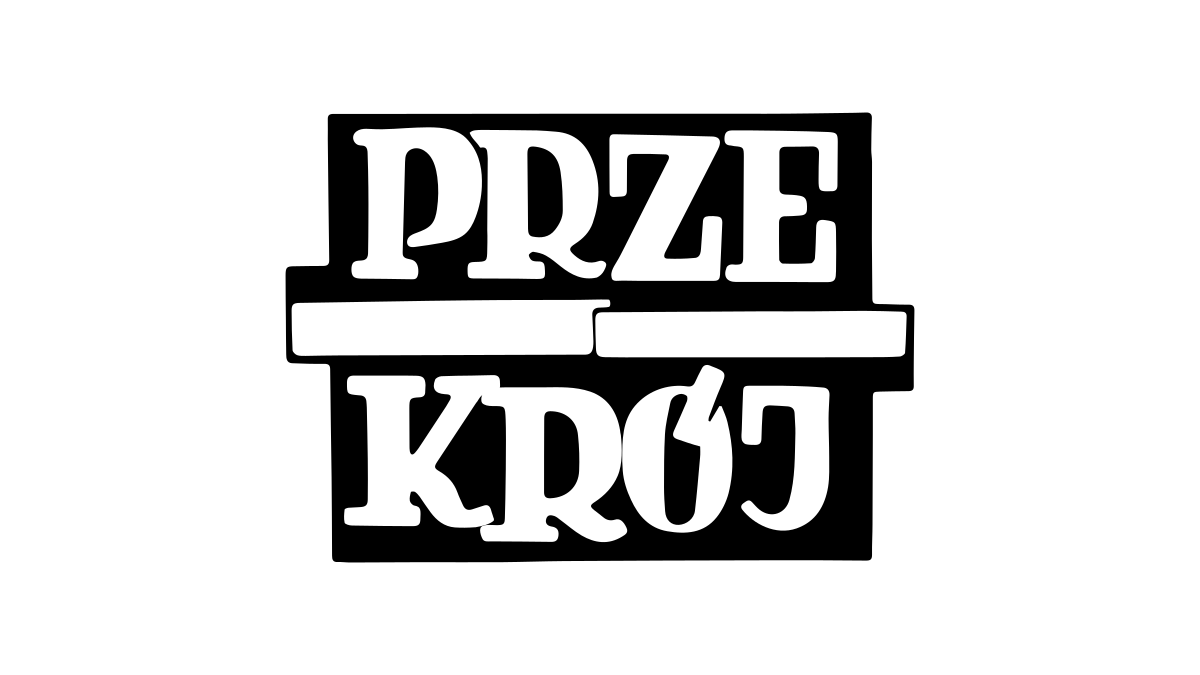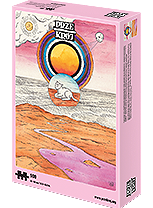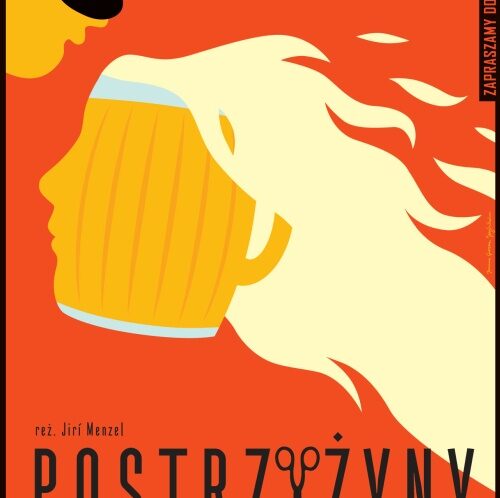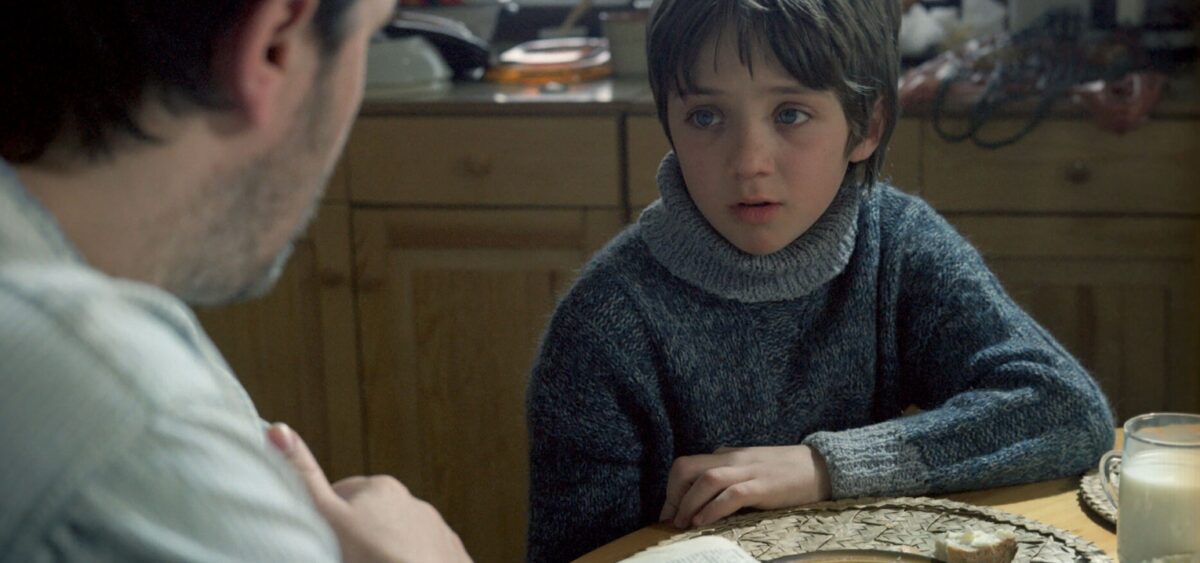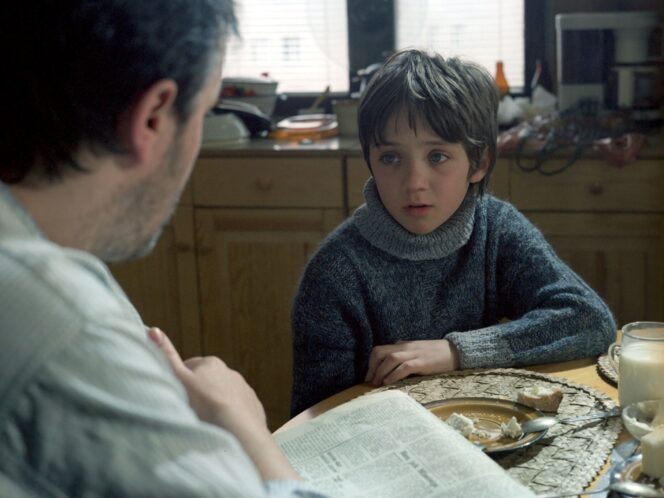In the ‘90s, experiencing arthouse cinema involved a walk to the video store to select a VHS cassette from its small “foreign” section. At least, it did in Dunedin, the student-dominated but isolated city in New Zealand’s south island (literally the end of the world, you might say), where I went to university. Outside the annual film festival, which brought more obscure titles to the big screen, there were few places to discover anything beyond mainstream releases. But rare bites of arthouse were all the more vivid in their scarcity, manifesting out of a void of context like mysterious apparitions. I remember as if it were yesterday our scandalized delight around Pasolini’s Salò, or the 120 Days of Sodom, when it screened at the festival. Just learning such a film existed, and that the limits of art were not where we’d previously presumed them to be, was revolutionary – and if this, then what else was waiting?
This was a pre-download and streaming era, before half of life was lived online. The wider world felt a whole less accessible, and a whole more exotic, and that included Europe, where I (like most of my peers) had never been. Among the handful of European auteurs we did know about, was Krzysztof Kieślowski. His films A Short Film About Killing and A Short Film About Love had a cult following. If memory serves, he was my first gateway into the arthouse of Central and Eastern Europe (at any rate, I wasn’t to come across the likes of Věra Chytilová or Sergei Parajanov for years yet). We didn’t have any grounding in the slower and more oblique end of arthouse, but we didn’t need it for Kieślowski, and he spoke to something else – a teenage taste for that whiff of danger that turned transgression and alienation into a source of fascination. Tarantino’s indie spectacles of lawlessness Reservoir Dogs and True Romance were all the rage, as was the rootless amorality of Mike Leigh’s Naked, and books by William S. Burroughs and Jack Kerouac, with their anti-establishment hellions. It wasn’t a stretch to embrace the extremity of A Short Film About Killing, with its disaffected drifter and his shocking crime, or A Short Film About Love, and its perverse, taboo obsession.

